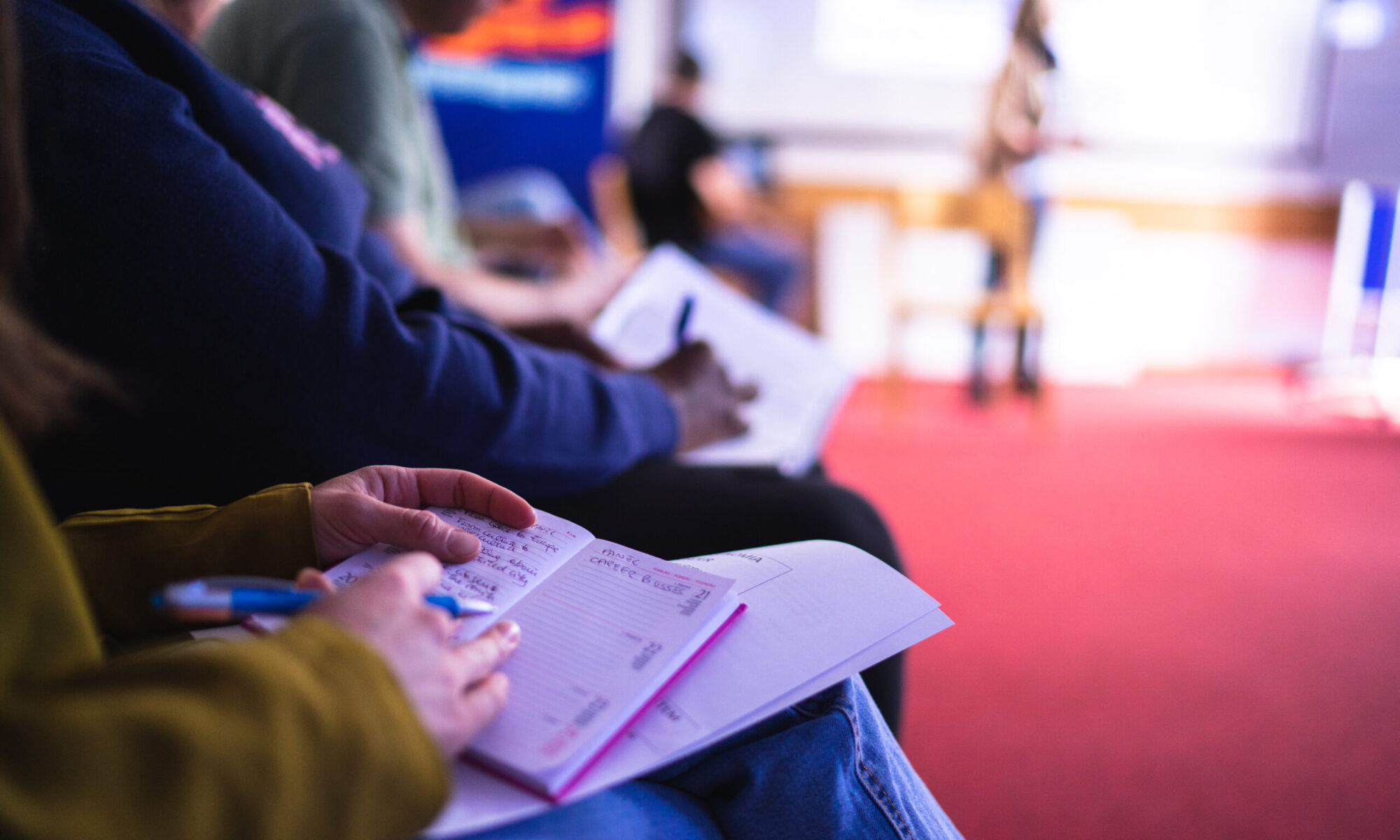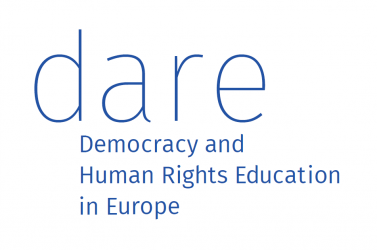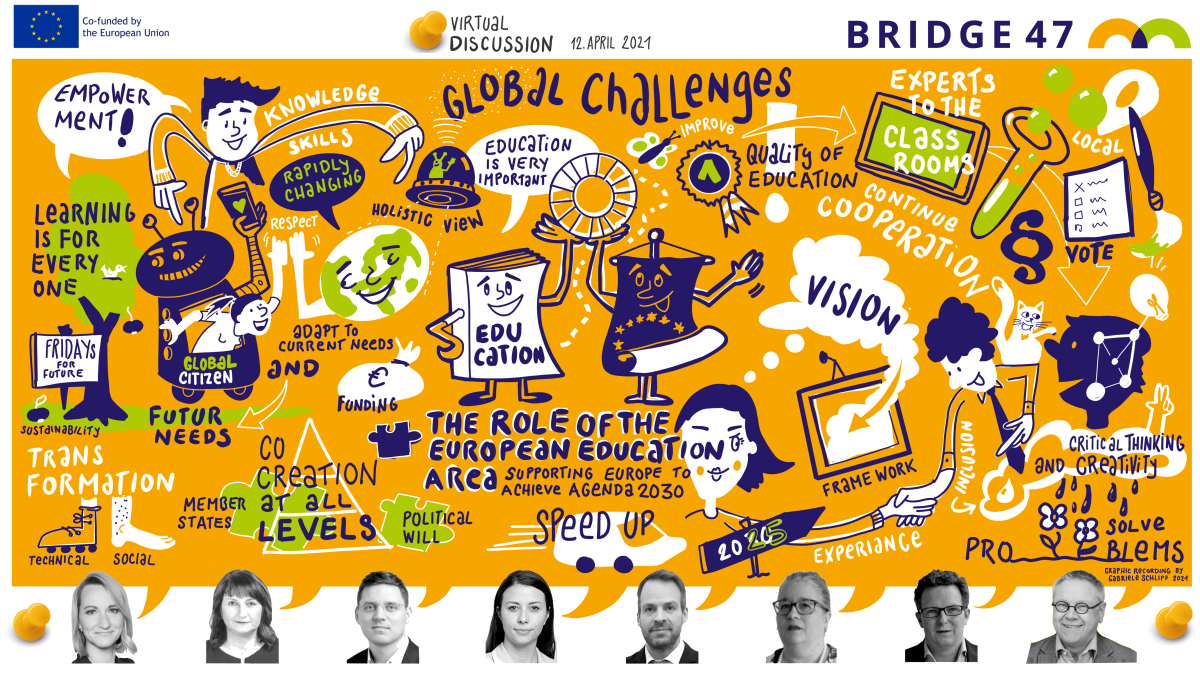Online discussion hosted by Dace Melbārde (MEP, ECR) and Michaela Šojdrová (MEP, PPE) and organised by Bridge 47, attended by the DARE network at April 12, 2021.
Other Panelists
MEP Victor Negrescu, S&D
MEP Irena Joveva, Renew
Gyula Cserey, Head of Unit EAC A1, DG EAC
Janine Costa, Education Attaché, Portuguese Permanent Representation to the EU
Nils-Eyk Zimmermann, Secretary, DARE Network
Moderation: Rilli Lappalainen, Fingo
Guiding Questions
How can the European Education Area help Europe on its path to achieve Agenda 2030? What steps should Europe take to further strengthen the role of education in bringing about more just, inclusive and sustainable futures in Europe and beyond?
Lively debate
The online event included a panel exchange and an open discussion on the topic of the European Education Area, including the most recent initiatives and updates on legislative and other processes within the European Parliament and elsewhere, all viewed through the lens of sustainable development and Agenda 2030.
We in DARE welcome the intentions of the European Education Area. We are putting emphasis on non-formal learning and the lifelong learning. The younger generations reminded us with their protests and requests not only to act more sustainable, but also to learn more about sustainability. Especially informal and non-formal learning in the civil society is an important pillar in facilitating ESD competencies among Europeans and should be considered more in the European education strategies and especially instruments.
Since climate change is a global challenge and a global process – like digitalisation or migration – it is evident, that global learning can provide a necessary perspective and helpful instruments. Therefore, it should be included naturally in (civic) education and democracy learning.
The meeting took place at 12 April 2021.
DARE expresses its thanks to Bridge47 for the organisation.
Bridge 47
Bridge 47 aims to ensure that the essential role of Global Citizenship Education in delivering the Sustainable Development Goals is reflected in UN, European and national policies and plans. Its name derives from SDG Target 4.7:
"By 2030, ensure that all learners acquire the knowledge and skills needed to promote sustainable development, including, among others, through education for sustainable development and sustainable lifestyles, human rights, gender equality, promotion of a culture of peace and non-violence, global citizenship and appreciation of cultural diversity and of culture’s contribution to sustainable development." UN SDG 4 Target 4.7


